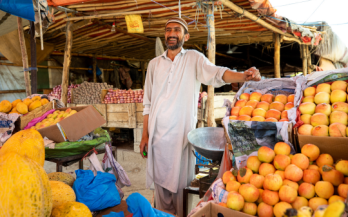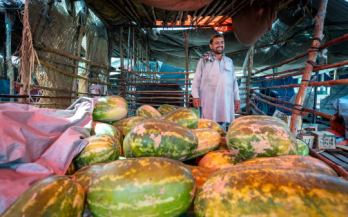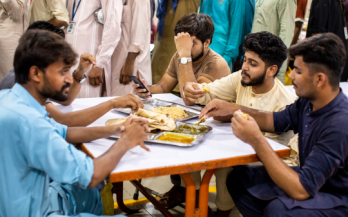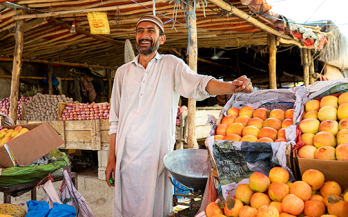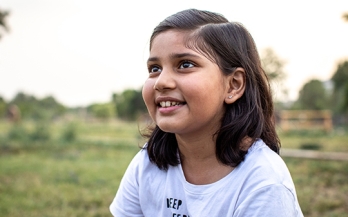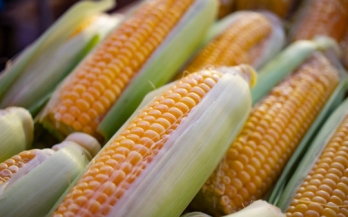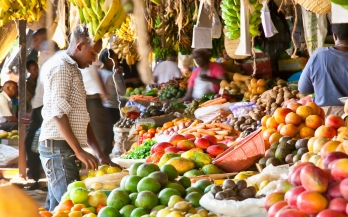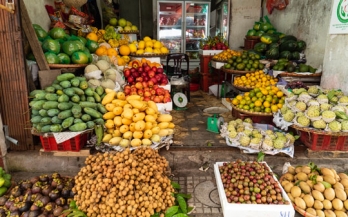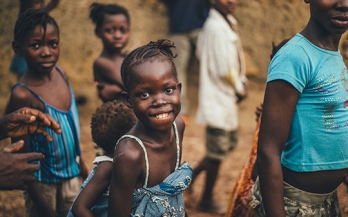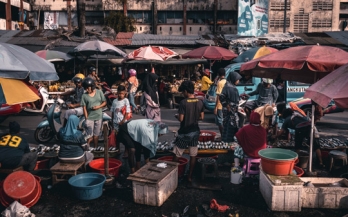Pakistan’s many small- and medium-sized enterprises (SMEs), including the large number
involved in (nutritious) food supply, are held back by lack of access to adequate finance. Actions could be taken by government, private banks, and other finance providers to help resolve this critical capacity constraint.
In the context of the latest national SME policy “2021 SME Policy Pakistan”, and findings from a recent in-country survey executed by Entrepreneurship Development and Advisory Services (EDAS) and supported by GAIN, this brief, focuses on constraints in the market from supply- and demand perspectives facing SMEs. Its two sister briefs have been prepared using the most up-to-date research (conducted over the last 5 years) on ongoing issues faced by Pakistani SMEs, particularly food-related SMEs, to develop policy recommendations.
In the context of the latest national SME policy “2021 SME Policy Pakistan”, this brief, focusing on the external macro policy and regulatory environment affecting SMEs, and its two related briefs have been prepared using the most up-to-date research (conducted over the last 5 years) on ongoing issues faced by Pakistani SMEs, particularly food-related SMEs, to develop policy recommendations.
The ‘Pakistan Food Systems Dashboard’ is an initiative that bridges this gap through credible national, city, and district data across a range of key food systems indicators.
Food fortification is a safe and cost-effective strategy for improving diets and preventing or correcting micronutrient deficiencies. But industries delivering fortified foods are subjected to very high (around 60%) rates of import duties and taxes in Pakistan.
The Commercialisation of Biofortified Crops (CBC) Programme was launched in 2019 to address widespread hidden hunger in Africa and Asia by significantly expanding the reach of foods and food products made with biofortified staple crops.
Policy Options Toolkits are a core output of GAIN’s policy and coordination efforts, under the Keeping Food Markets Working (KFMW) programme. These toolkits were developed through a participatory co-design process with GAIN, conducted in Beira and Pemba (Mozambique), Machakos and Kiambu (Kenya) and Rawalpindi and Peshawar (Pakistan) - between September 2020 and September 2021.
Understanding urban specific contexts and food system challenges during the pandemic is the first step towards the co-design of policy options. Between December 2020 and April 2021, GAIN conducted a mixed method Rapid Needs Assessment of the urban food system in Machakos and Kiambu (Kenya), Beira and Pemba (Mozambique), and Rawalpindi and Peshawar (Pakistan).
The COVID-19 pandemic is a multiplier of vulnerability, compounding threats to food security and nutrition (FSN) while exposing weaknesses in food systems. In response, the Global Alliance for Improved Nutrition (GAIN) developed the Keeping Food Markets Working (KFMW) programme to provide targeted support to help sustain core food systems.
This Situation Report—the fifth in a series—finds that COVID-19-related control measures continue to have an impact on food systems in 10 countries where GAIN works: Bangladesh, Ethiopia, India, Indonesia, Kenya, Mozambique, Nigeria, Pakistan, Rwanda and Tanzania.
